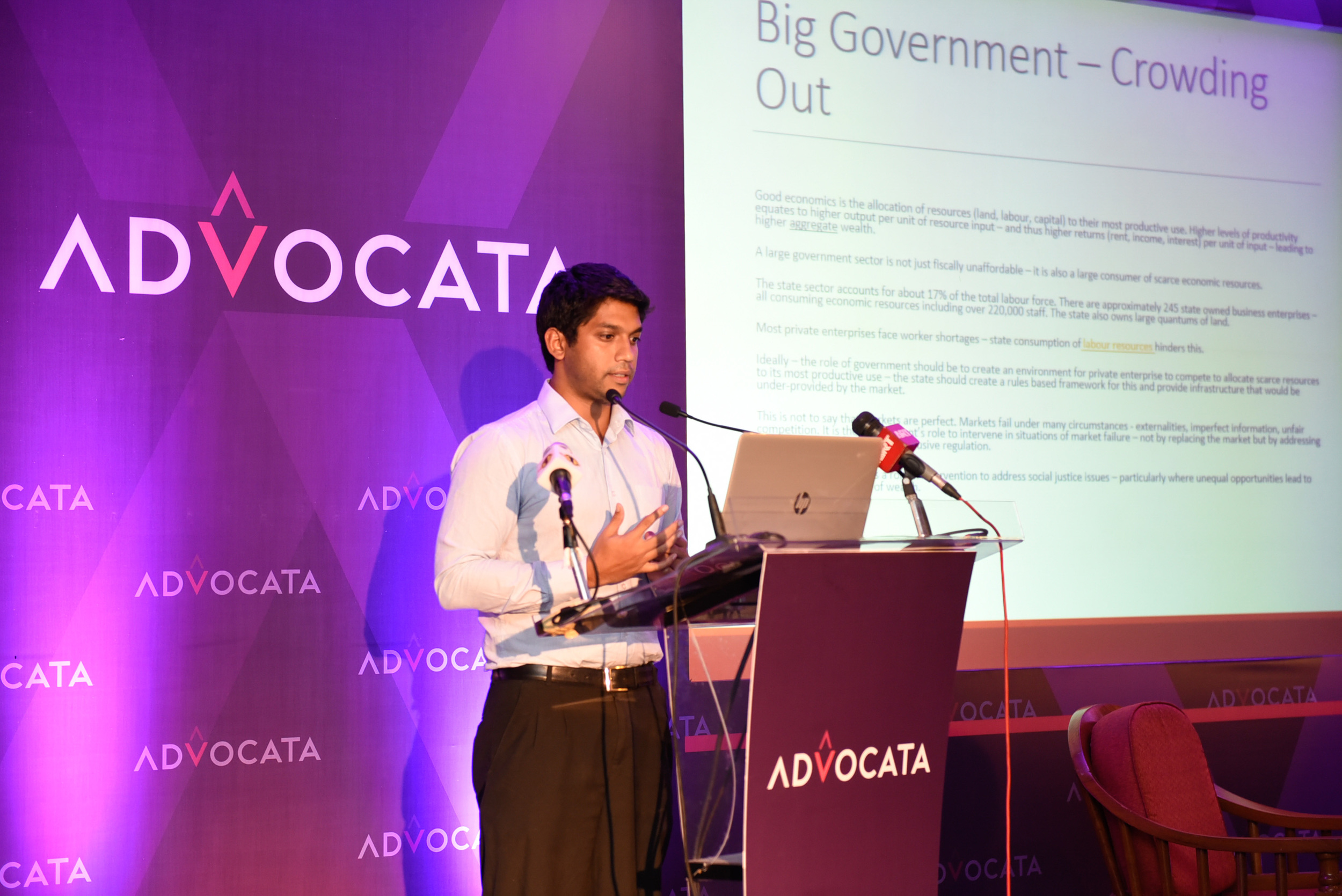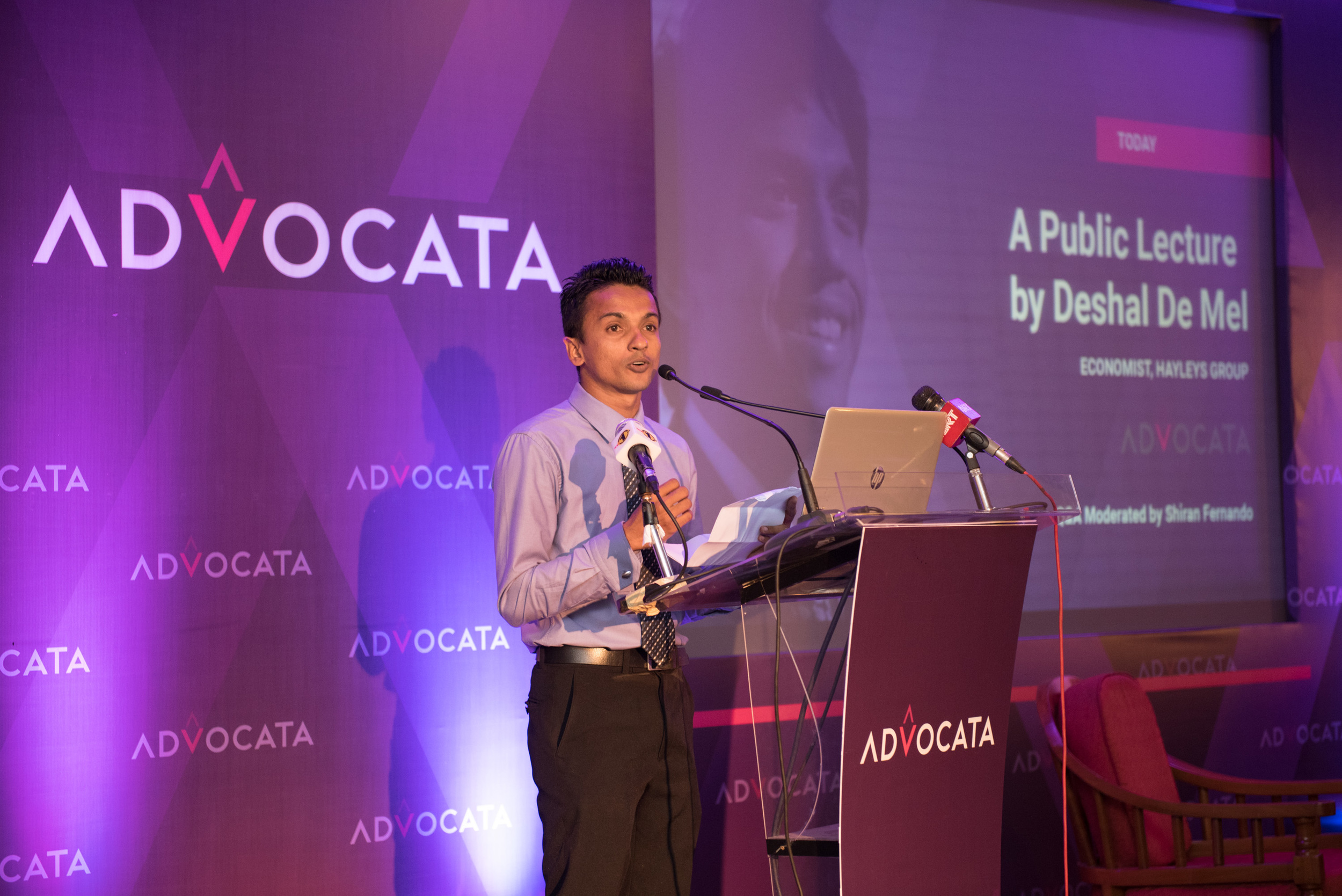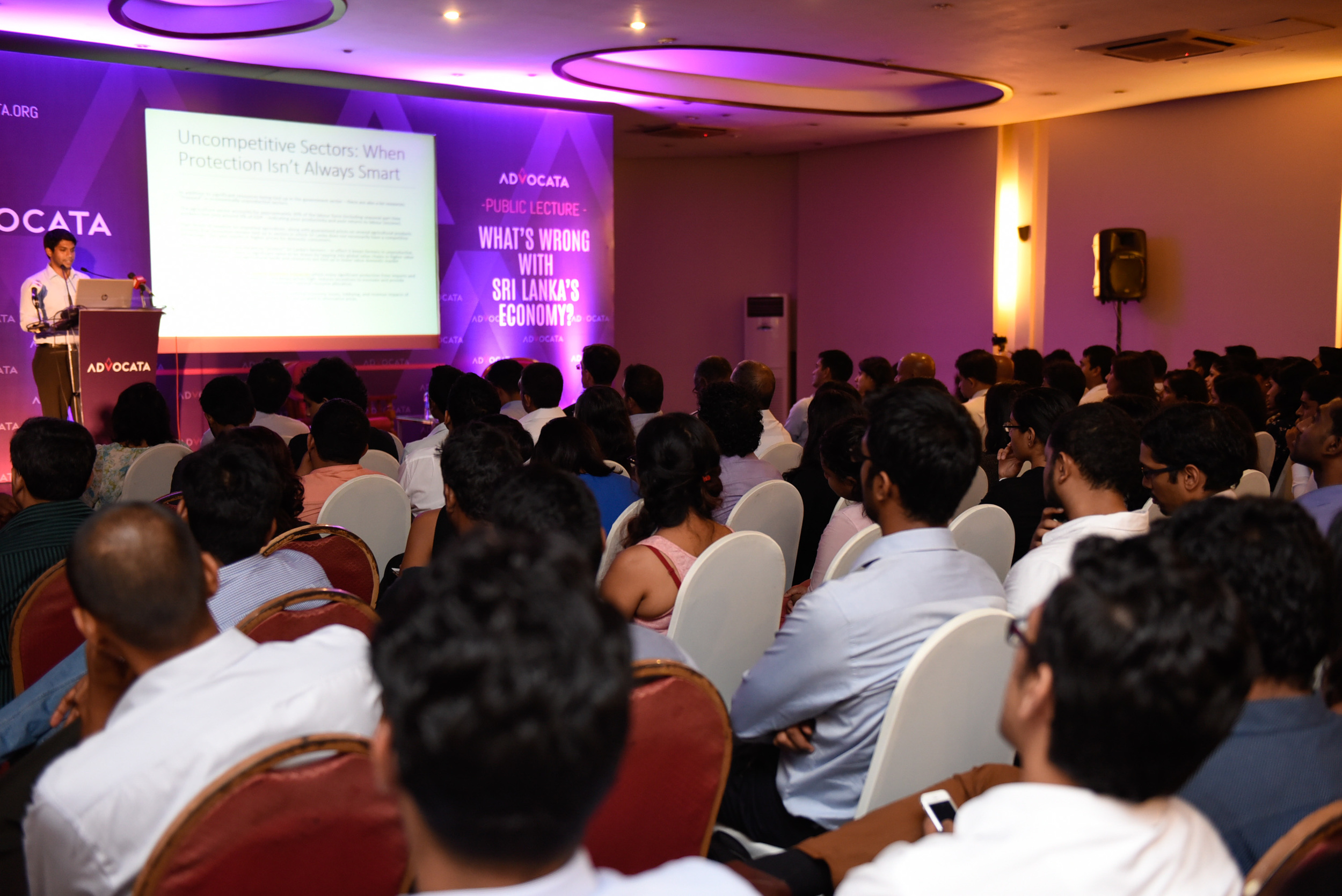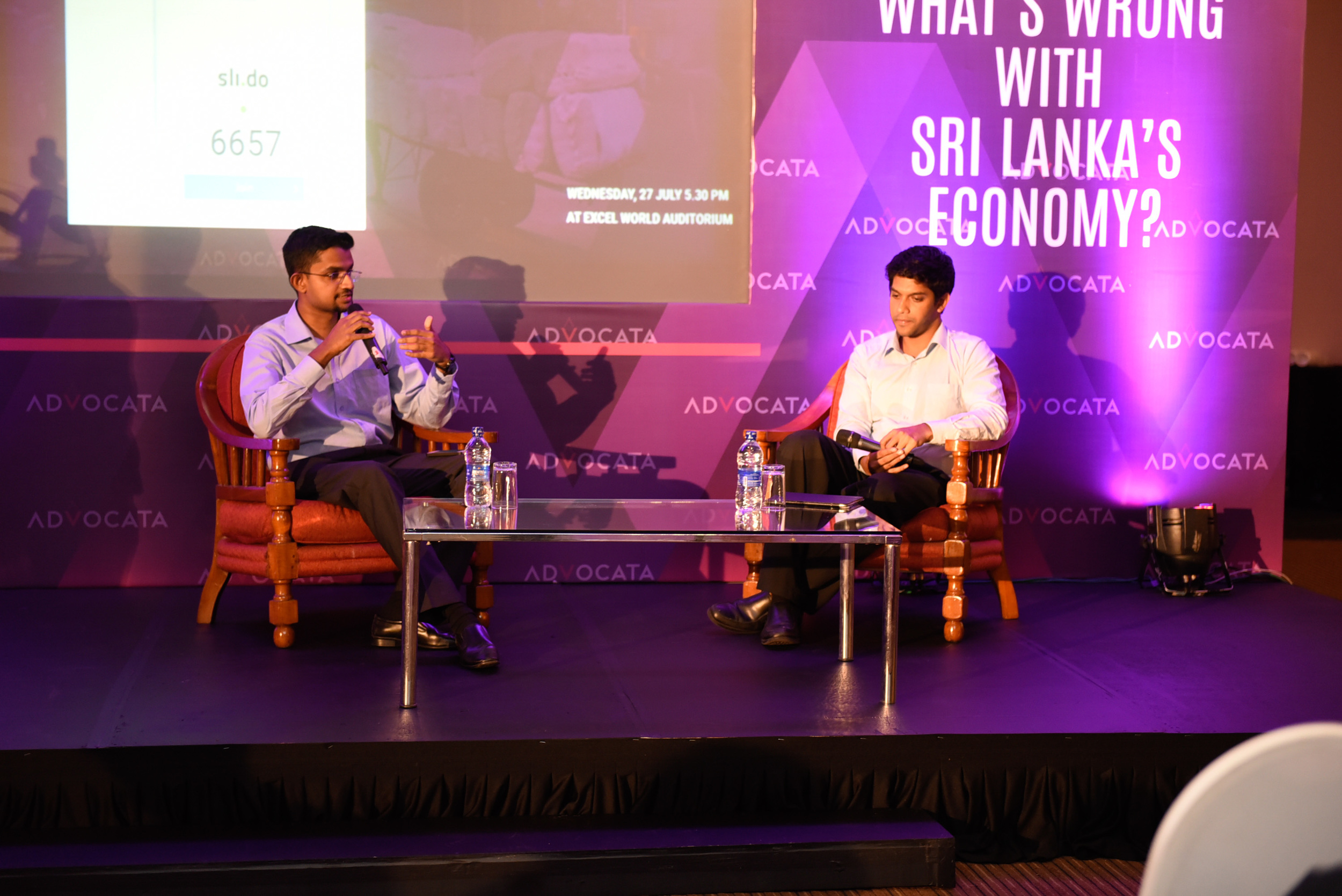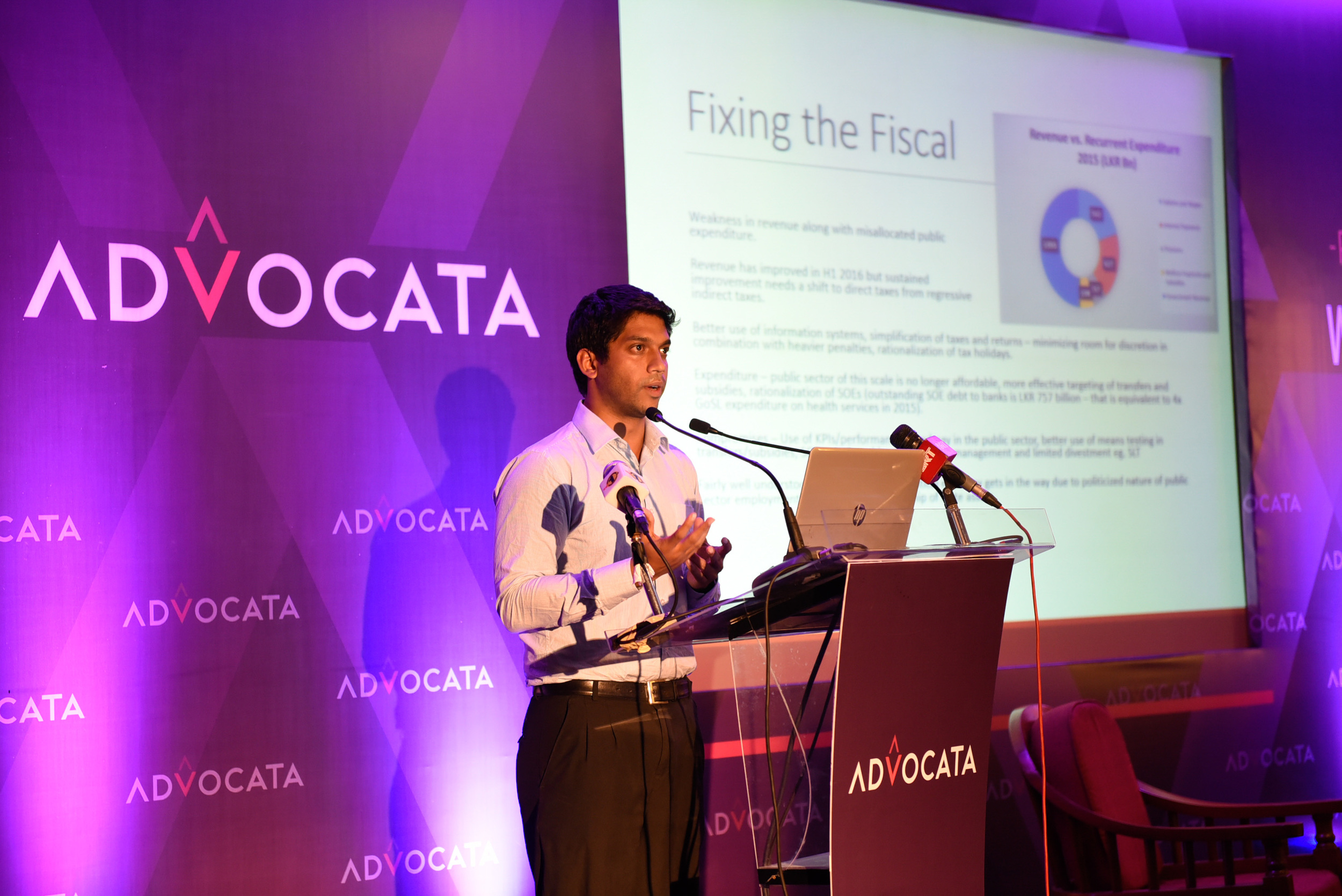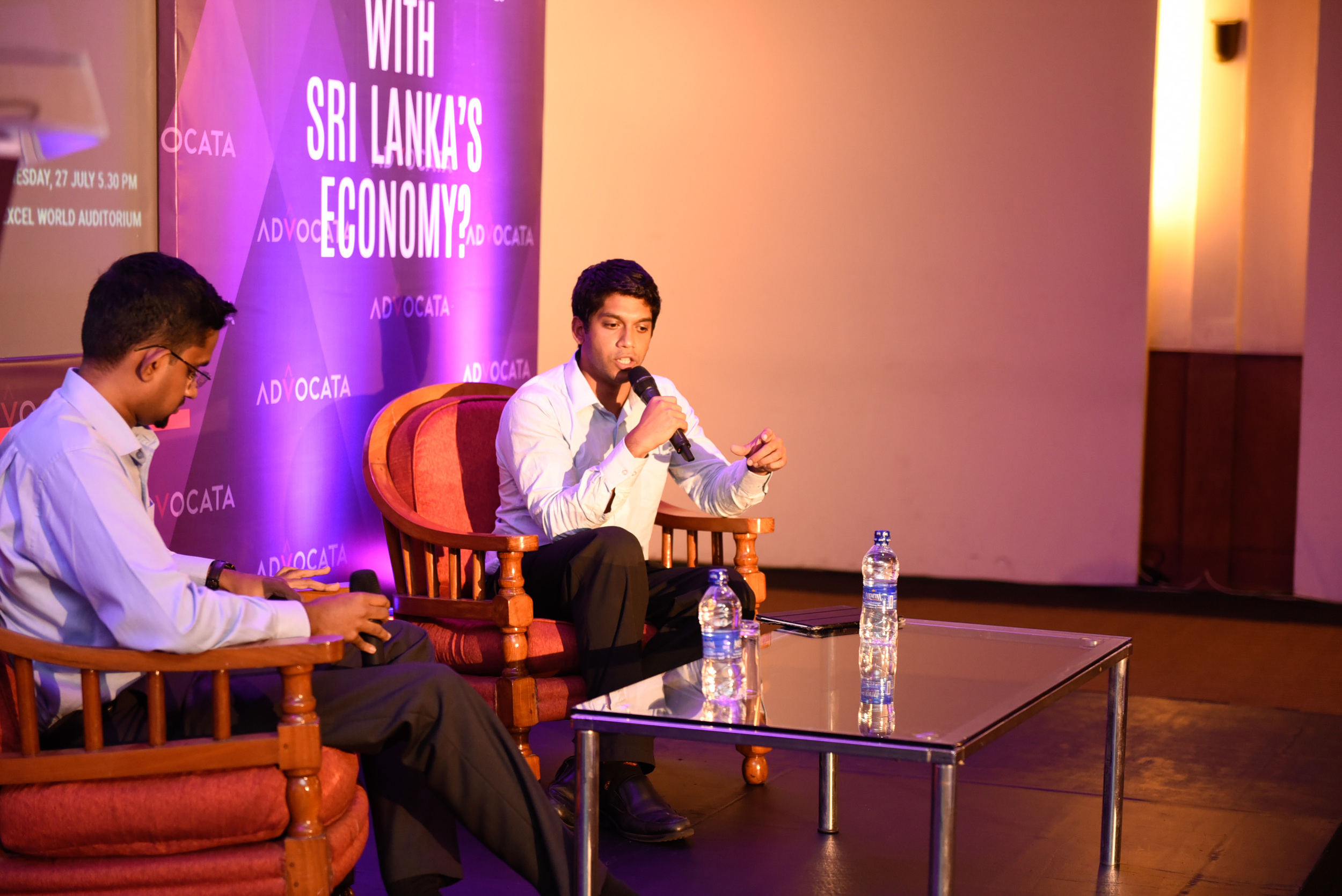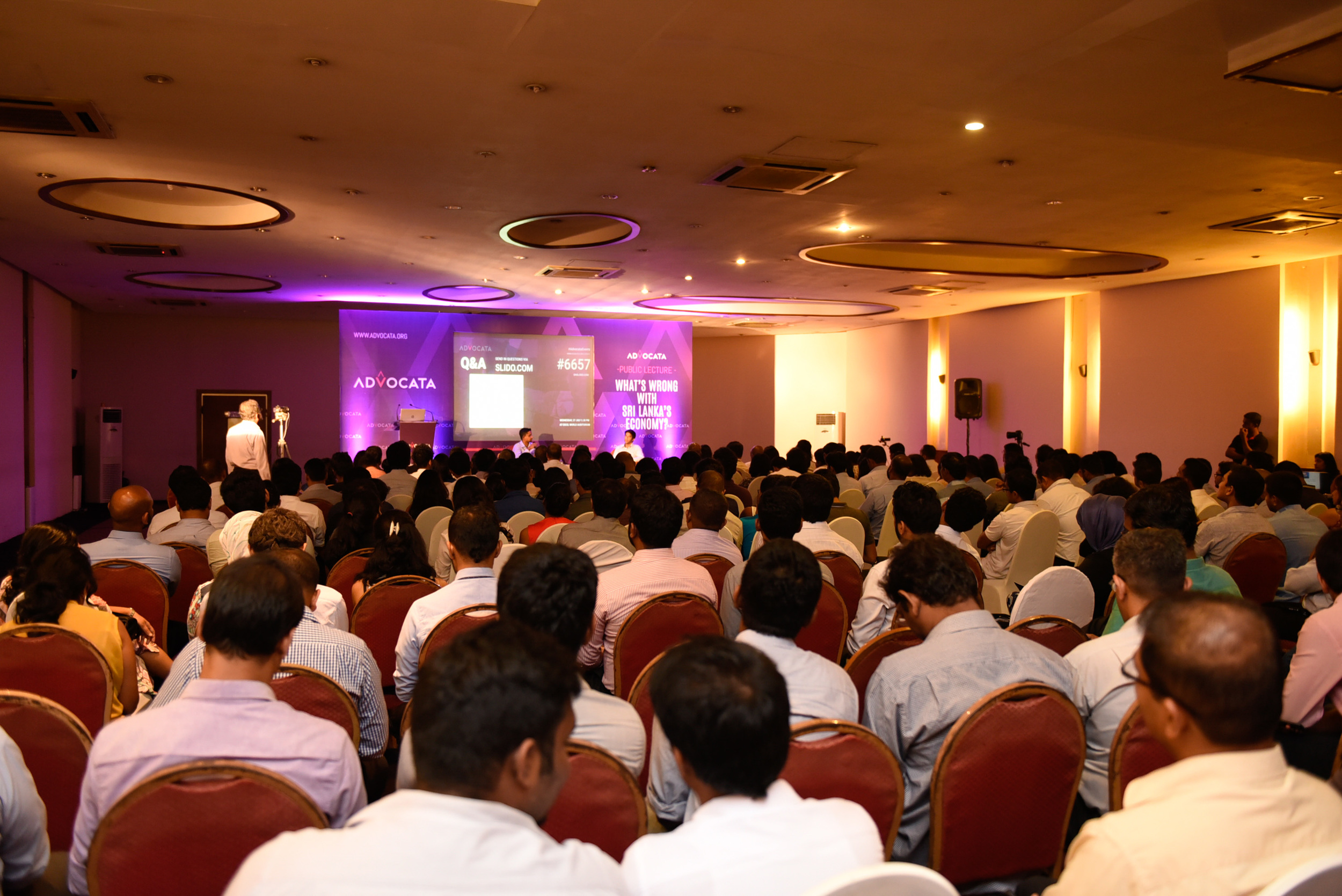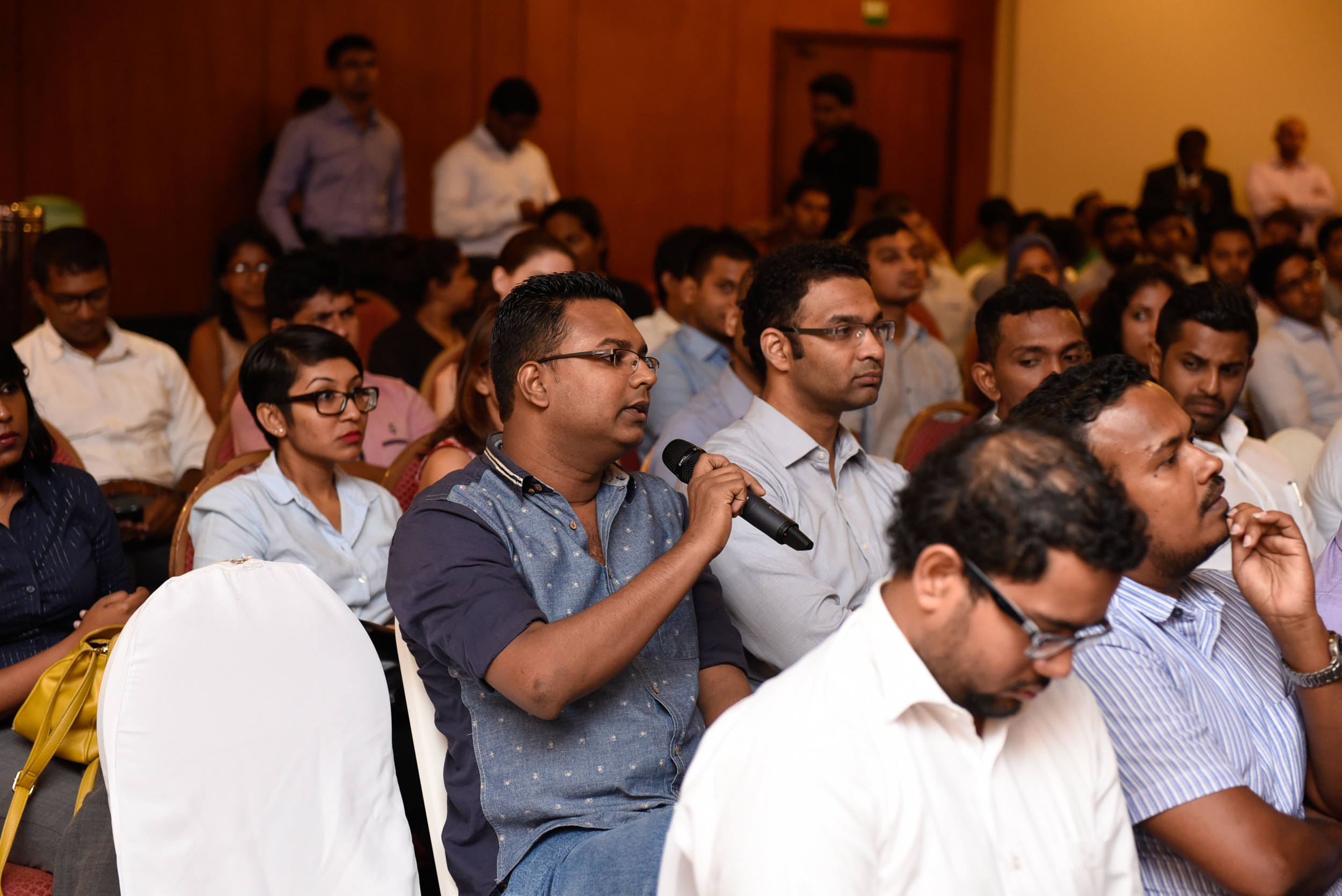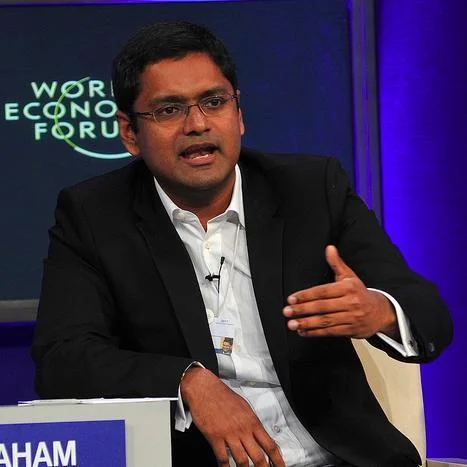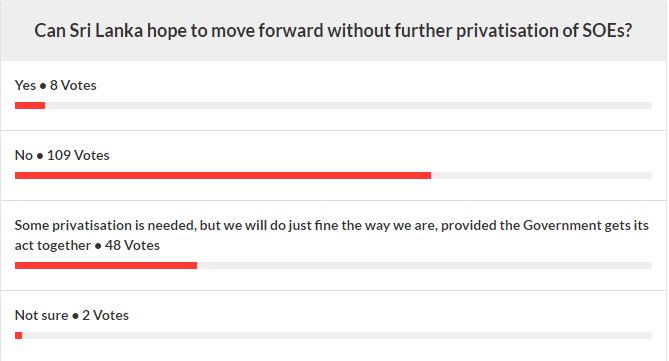The story that highly honed skills are required for manufacture of high value exports such as computers is a myth, an economist said.
Professor Prema-Chandra Athukorala, Professor of Economics, Australian National University, speaking at a function in Colombo on Thursday (18 August) said that in 1968, when Singapore, with an unemployment rate of 15%, opened up its economy for electronics investments, the country's Finance Minister had said... ...that the skills required for a woman engaging in computer manufacture, should be akin to that of a barber, to do the job.
And Singapore has proved it by being a computer hub today. "In a labour abundant country, Singapore has become one of the richest countries," said Athukorala. Singapore has proved that this so called deficiency of a "skills barrier" is a myth, he said.
He said that similarly, what Sri Lanka needs to grow its economy is not services such as tourism, but manufacturing. Only manufacturing can absorb unskilled workers and the island has a large pool of unskilled labour, said Athukorala.
The BoI is not going in the hinterland to tap them for employment potential and as a result many companies are paying incentives to their workers to recruit labour, he said. Though they talk of the lack of human capital in the island, manufacturers don't believe that lie, said Athukorala.
Nonetheless, there is a company in the outskirts servicing the global automotive industry, which has an annual turnover of US$ 45 million, whilst employing a thousand, he said. There is another company at Badalgama in the Wayamba Province which manufactures electronic sensors, while providing employment to 600, said Athukorala.
Industrialization is the pivot for employment generation and thereby poverty reduction, he said. An example is China which has reduced poverty from 40% to 9% through industrialization, he said. Sixty eight per cent of the world production comes from developing countries, he said.
Athukorale said that while China is involved in labour intensive electronic assembly industries, Sri Lanka's labour was better than that in Thailand, but because the latter has ventured in to high tech manufacture, their labour grade per capita annual income is US$ 500 per capita per mensem, whereas the island's lowly garment sector worker earns a mere $ 100.
He said that though Sri Lanka lost large electronic giants such as Harris Corporation and Microsoft due to the July 1983 disturbances, it's still home to middle level electronics firms which employ an average of 400 employees each in their workplaces, providing a total employment of 20,000. Sri Lanka's trade regime is comparable to that of Malaysia but what is needed is the rationalization of tariffs, said Athukorala. The seminar was organized by Advocata Institute, a local think tank.
Read The article on Ceylon Today






